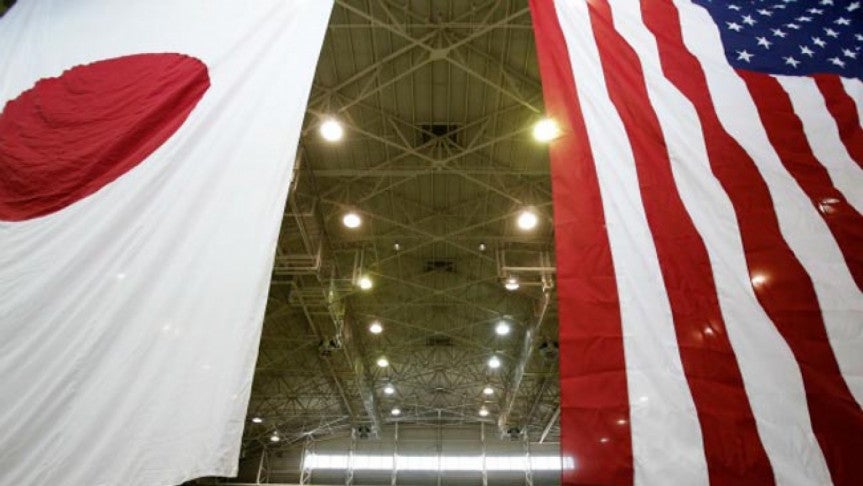Japan to go under US cyber defence umbrella

Tokyo: The United States will extend its cyber defence umbrella over Japan, helping its Asian ally cope with the growing threat of online attacks against military bases and infrastructure such as power grids, the two nations said in a joint statement on Saturday.
‘We note a growing level of sophistication among malicious cyber actors, including non-state and state-sponsored actors,’ they said in a statement released by the US-Japan Cyber Defence Policy Working Group, which was established in 2013.
Cybersecurity is a key area where Japan and the United States are deepening their military partnership under a set of new security guidelines released in April that will also integrate their ballistic missile defence systems and give Tokyo a bigger security role in Asia as China’s military power grows.
Both the United States and Japan are wary of cyber threats, including potential attacks from China or North Korea. While the United States is investing heavily in building a force to counter and retaliate against online attacks, Japan, which hosts the biggest US military contingent in Asia, has been slower to buttress its cyber defences.
The Japanese military’s cyber defence unit has around 90 members, compared to more than 6,000 people at the Pentagon, a Japanese Defence Ministry official said at a briefing on Thursday.
Japan is trying to catch up as it prepares to host the 2020 Olympics in Tokyo and with cyberattacks on the rise. Assaults on government websites are now being detected ever few seconds, according to Japanese cyber defence experts.
In the statement on Saturday, Japan’s defence ministry pledged to ‘contribute to join ‘efforts for addressing various cyber threats, including those against Japanese critical infrastructure and services utilized by the Japan Self-Defence Forces and US Forces.’
US Defence Secretary Ash Carter, who met his Japanese counterpart Gen Nakatani at the Shangri-La Dialogue in Singapore on Saturday, unveiled a more muscular military cyber strategy in April that stressed an ability to retaliate with cyber weapons.
That strengthened deterrence comes in the wake of high-profile attacks against corporations including the hacking of Sony Pictures Entertainment last year, which the US blamed on North Korea.
China’s Defence Ministry expressed concern about the new strategy saying it would worsen tension over Internet security. China is frequently accused by the US of being engaged in widespread hacking attacks, charges Beijing denies.

 Reuters
Reuters




